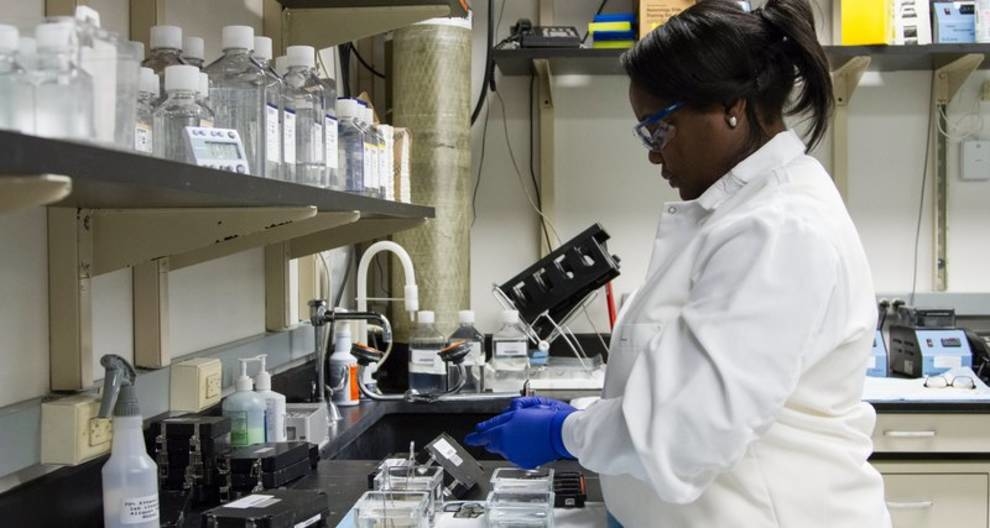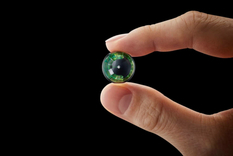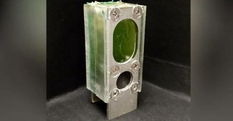We use essential cookies for the proper functioning of the website and additional ones to make interaction with the site as convenient as possible. It helps us personalize your user experience as well as obtain analytical information to improve the service.
If you agree to accept all cookies, click "Accept all"; if not, click "Only essential". To learn more, view the Cookie Policy.

Genetic mutations cause cancer — genetics
A ten-year study of the genome sequence of dozens of cancers revealed the secrets of how tumors form, which will affect the effectiveness of their treatment.
The Pan-Cancer project involved more than 1300 researchers from around the world who studied 38 types of cancer observed in nearly 2800 patients. As a result, many discoveries were made. These are mutations that cause cancer cells to multiply uncontrollably, and the amazing similarity between cancers found in various types of tissues.
“With the knowledge about the origin and development of the tumors that we got, we can develop new tools and methods for early detection of cancer and its treatment, develop more effective therapy and treat patients more successfully,” says Lincoln Stein, member of the steering committee of the project.
One of the key results of the work is the identification of a huge variety of cancer genomes. Thousands of combinations of mutations of individual cancers have been identified, as well as over 80 processes that cause mutations: some of them are related to age, while others are inherited or caused by factors such as smoking.
Research has shown that the early development of certain types of cancer can occur decades before a diagnosis is made, sometimes even in childhood. New cancer-causing mutations, known as non-coding genes, have been discovered. The researchers also found enormous differences in the number of mutations, but in five percent of cases no known mutations were found — there are mutations that have not yet been identified.
From a practical point of view, the results obtained will help to identify difficultly diagnosed cancers and conduct earlier diagnosis of developing tumors.
The Pan-Cancer project involved more than 1300 researchers from around the world who studied 38 types of cancer observed in nearly 2800 patients. As a result, many discoveries were made. These are mutations that cause cancer cells to multiply uncontrollably, and the amazing similarity between cancers found in various types of tissues.
“With the knowledge about the origin and development of the tumors that we got, we can develop new tools and methods for early detection of cancer and its treatment, develop more effective therapy and treat patients more successfully,” says Lincoln Stein, member of the steering committee of the project.
One of the key results of the work is the identification of a huge variety of cancer genomes. Thousands of combinations of mutations of individual cancers have been identified, as well as over 80 processes that cause mutations: some of them are related to age, while others are inherited or caused by factors such as smoking.
Research has shown that the early development of certain types of cancer can occur decades before a diagnosis is made, sometimes even in childhood. New cancer-causing mutations, known as non-coding genes, have been discovered. The researchers also found enormous differences in the number of mutations, but in five percent of cases no known mutations were found — there are mutations that have not yet been identified.
From a practical point of view, the results obtained will help to identify difficultly diagnosed cancers and conduct earlier diagnosis of developing tumors.


